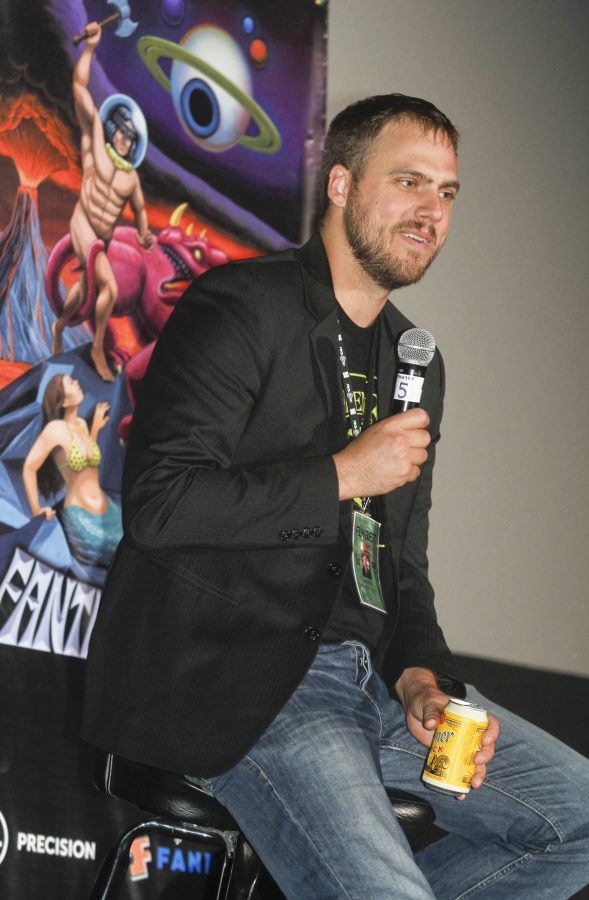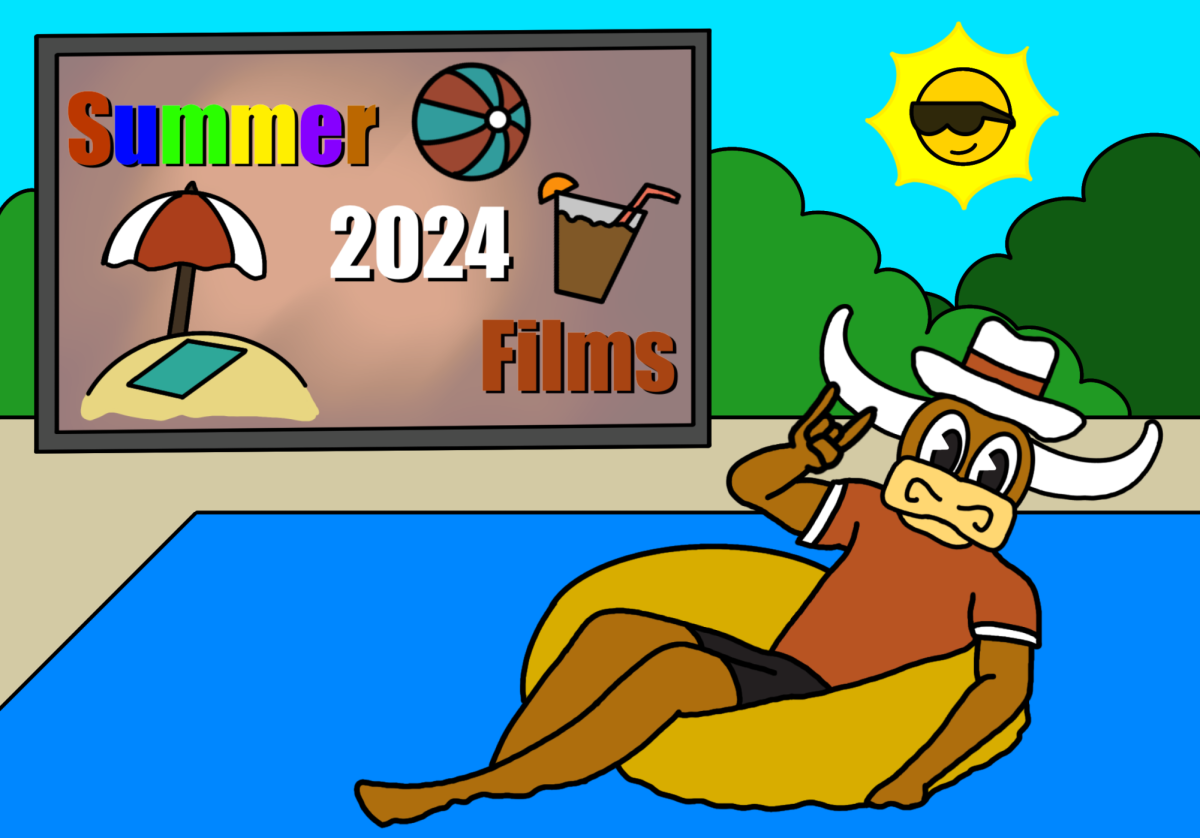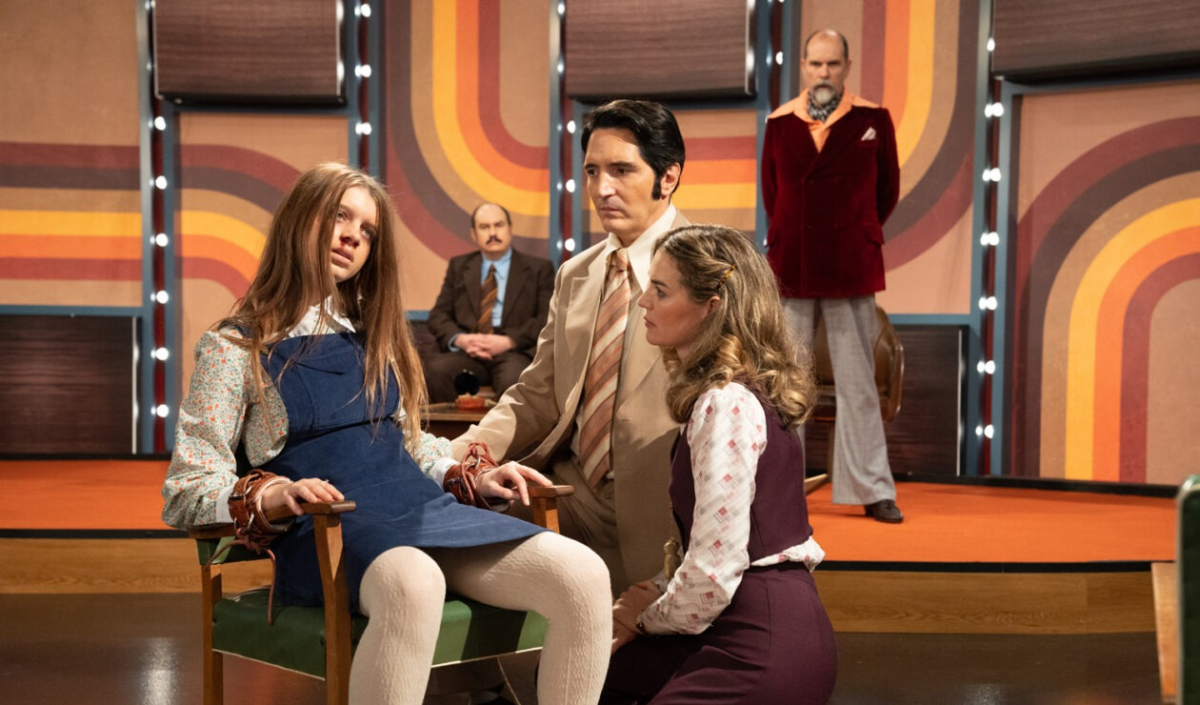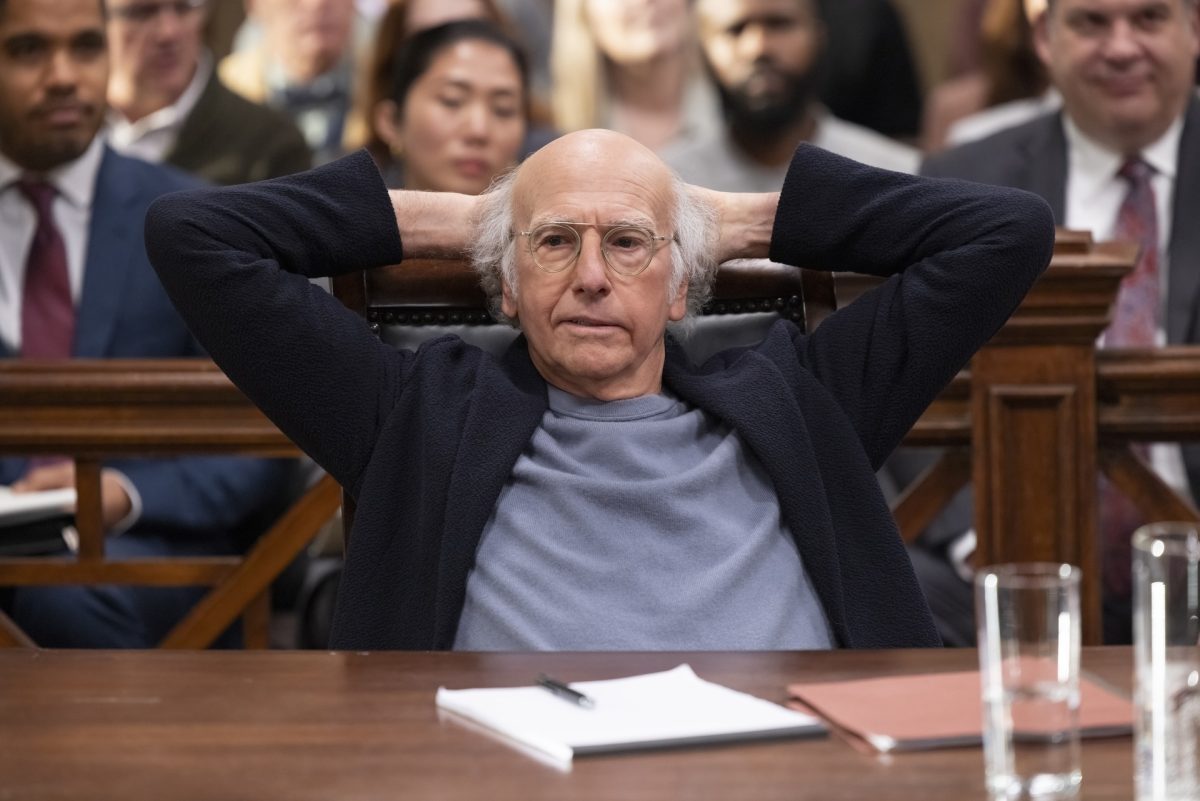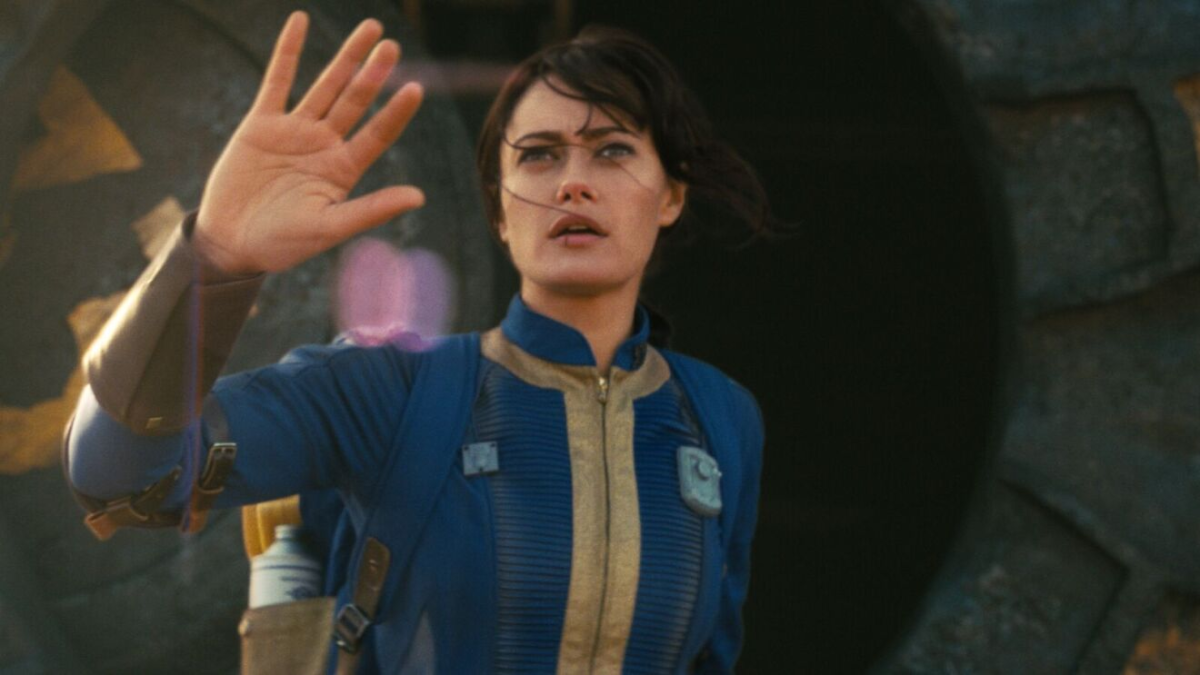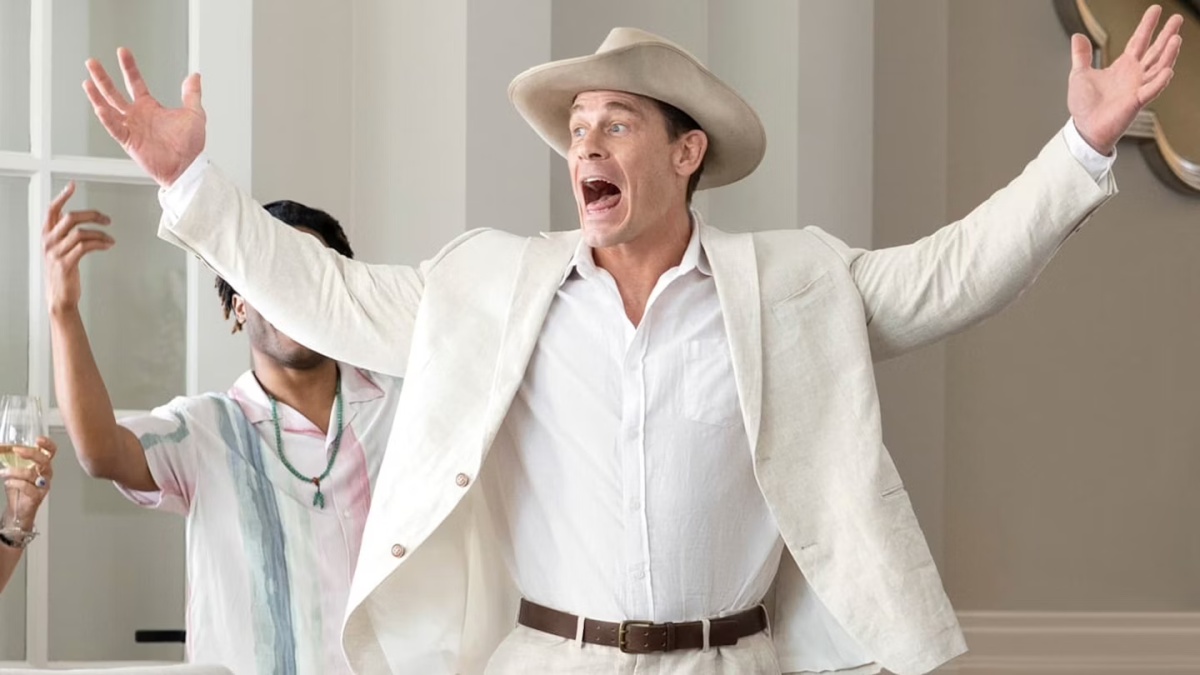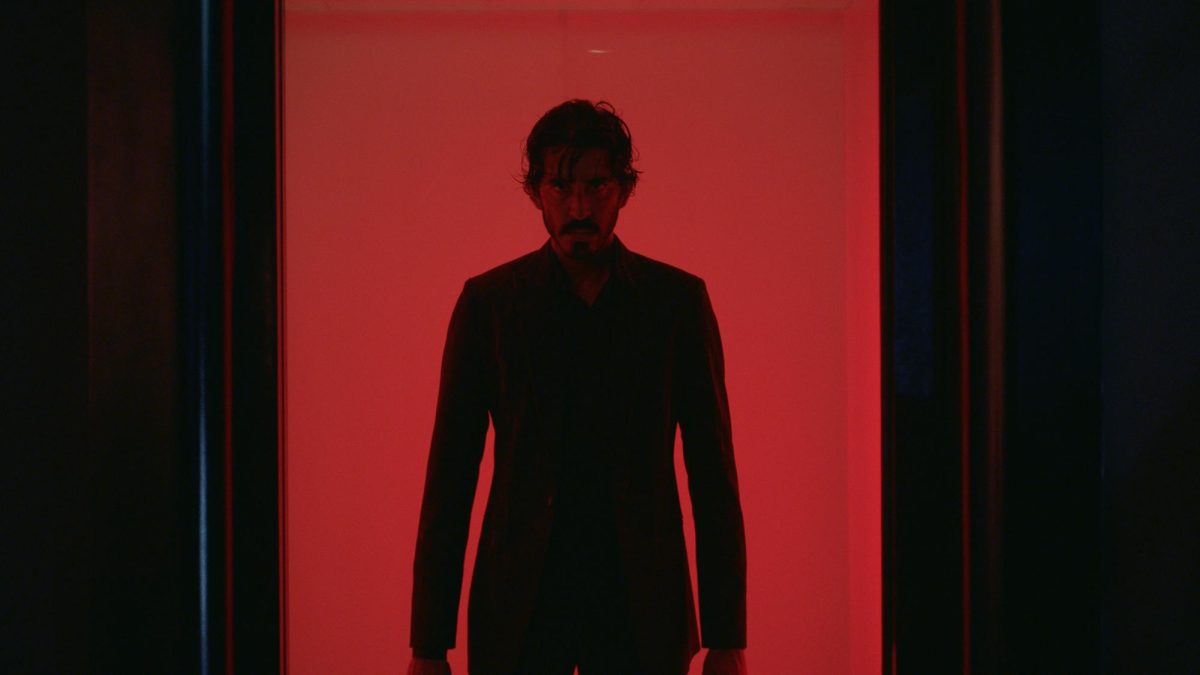Few remakes can actually boast that they improve on their predecessors, especially remakes that come out just a few years after the film they’re based on. “We Are What We Are,” inspired by a 2010 Spanish film of the same name, tells a similar story in a hugely different context, and plays all the more effectively for it.
The original film detailed a family of cannibals dealing with the loss of their patriarch in a crowded Mexican city. Jim Mickle’s remake finds a similar family struggling to maintain their ritual after the death of the mother. While the original film worked as a taut family drama, Mickle's film is a massive improvement, dealing in atmosphere, dread and gory scares far more gracefully.
The Daily Texan interviewed Jim Mickle at this year’s Fantastic Fest, where his remake of “We Are What We Are” screened.
The Daily Texan: You had “Stake Land” at Fantastic Fest in 2010, where the original “We Are What We Are” also screened. Did you see it then?
Jim Mickle: I didn’t, no. It was like this movie that sort of haunted me for a long time. The first time we came here, it was the movie everyone had seen the night before. We had “Stake Land,” and everyone was like, “You gotta see ‘We Are What We Are’!” The next festival we went to was the same thing. It was like this elusive thing that I didn’t get to see for a long time. And then IFC released “Stake Land” and “We Are What We Are” back-to-back on consecutive weekends, so it always kind of felt like we had this connection to it. I actually didn’t see it until after they approached us about doing the remake. I felt like, “You know, I finally gotta see this movie.”
DT: What about the movie made you want to approach it from your own angle?
JM: Originally, I didn’t love the idea of remaking it. I knew that people really liked the movie and that’s always a daunting thing. I really like what it’s doing, dealing with these interesting everyday things, but in a horror context. It’s really fascinating to me when you can look at something and use the genre to hold up a mirror or play as a metaphor for real life things, so I really liked what Jorge [Grau, the director of the original film] did with that. I loved that he was able to make a horror movie about faith, but do it with sort of a B-movie concept. That’s why I didn’t see it for a long time, because I was pissed at myself that I didn’t come up with an idea like this before then. So it was more curiosity that led me to say, “Yeah, I’ll watch it.” Nick [Damici, the film’s co-writer] and I watched it, and said, “You know what? We could do our own story with this. We could take his original concept and keep those ingredients, but kind of make our own sort of American dish out of those ingredients, then there might be something really interesting here."
DT: I felt like it had a Southern gothic vibe. What made you want to take that approach to it?
JM: I think that’s what we lean towards. Originally, we were pretty faithful. We gotta set it in a city – what city will it be in? New Orleans, because they have a rich history there, and you could believe this idea of tradition? I grew up in Pennsylvania, so what if it’s Philadelphia, cause they have a lot of run-down areas. It became this whole thing of kind of searching for where it was gonna be, and ultimately… I have a place in upstate New York. We shot “Stake Land” there and I spent six months living there and working on editing “Stake Land.” In the middle of that, a giant storm came and wiped the whole town away. It was a crazy experience, and it was a flood that just devastated this town. As soon as it happened, we were so haunted by it. You’d go to town, and see these people who had just lost their livelihoods.
We kind of talked about it. Jorge made a really personal film here, and it feels to me like a film by a guy who grew up in the city. I don’t wanna turn around and make something that feels phony. I want to make something that feels equally personal, so it was kind of like…"Know what? This is my upbringing."
DT: What made you decide to swap the genders for this one?
JM: My parents split up when I was in high school, so I spent a couple [years] where my dad was raising me and my sister. I saw it as kind of an interesting opportunity to be able to inject some of those observations of a dad who is suddenly raising kids on his own, and hasn’t had to up until then. All of a sudden, he’s kind of faced with the everyday complications of trying to do that. I talked about that a lot with Nick, and I think Nick kind of picked up on that. I dunno how it came about, but we said, if we flip the genders, we can really make our own movie and put our own stamp and say a lot of the things that Jorge is saying but do it from the opposite end of the spectrum, which I really liked.
DT: The biggest departure, aside from the gender swap is the Michael Parks character, who I really enjoyed. Can you tell me about the process of bringing him in?
JM: In the original, there’s a whole subplot that didn’t feel like it would translate, the idea of the investigation dealing with police corruption. It felt so Mexican that we didn’t think it would work. It’s not gonna be a small town with corrupt police. It wasn’t gonna read. Nick’s big thing was he wants someone who he can follow. All these characters, you don’t know enough about them to really…You can sympathize with them in your own way, but we need an emotional "in" to the story, and so Nick really framed it with this idea of a guy with his own emotional connection that leads to them. I thought it was so interesting and really made it less of a subplot, but kind of a dangling part of their story, how he’s always orbiting them, coming closer and closer. I’m just a giant Michael Parks fan, and he always plays such badasses and bad guys. What if he just played sort of a simple, small town doctor that happens to have lost his daughter and never gave up the search? He brought such a heart and warmth to it that’s kind of amazing.
DT: At what point in pre-production did you decide it was going to end as insanely as it did?
JM: It was the last big decision of the film. The first half of the film, once it was written, we didn’t really change all that much. It was the second half. Originally, we sort of went for a more genre ending, and it became more of a “Texas Chainsaw Massacre” with a body count, which I love, too. Reading it, it felt untrue to the first half, which is very focused on the family. The second half needed to be about the family too, so we stripped away.
It had all these big endings, and I kept saying to Nick, “There’s an ending that we’re missing. I don’t know what it is, but it’s gotta come down to the characters. It can’t be an epic thing with a giant showdown. It has to be something really small that happens that has a huge impact.” He kept sending me drafts, and eventually sent me an email saying, “I think I got it.” I read the script, got to the end, and was like, “Fuck! That’s so good. That’s so awesome.” It pleases everything, the genre side, the mystery side, all the characters. I love the way it wraps everything up.
DT: I like how this one follows through on the premise and actually has them eating people!
JM: Yeah, yeah, exactly. That’s funny, you know, we kept describing the original as a cannibal film where you never actually see any cannibalism. That was part of the decision to have a lot of restraint in ours. Even when they do prepare the body and do go through that, we said, “Let’s shoot it like a sex scene.” Let’s make it this really romantic, ceremonial thing that’s gonna feel like weirdly sexy and go the exact opposite way.
DT: I’ve only got time for one more question, so: If you were a cannibal, what body part would you eat first?
JM: Good question. I think the calf. They seem like they’d be a good meal-sized portion, you know? Meaty without being like…With the thigh, you’ve gotta put it back in the fridge because you can’t finish it. I think the calf is probably the best way to go.



